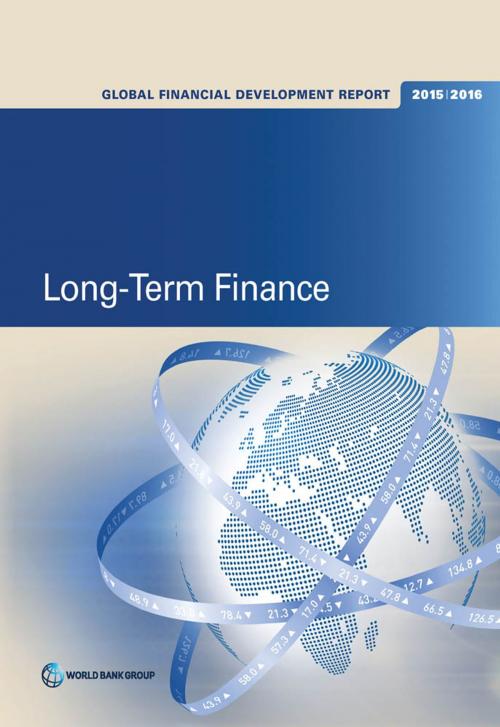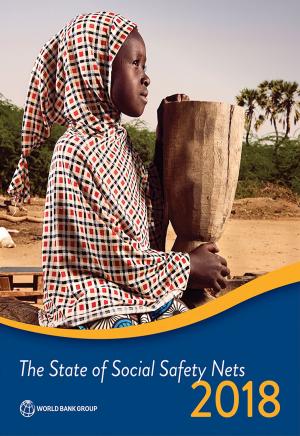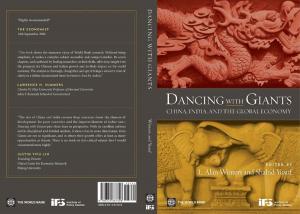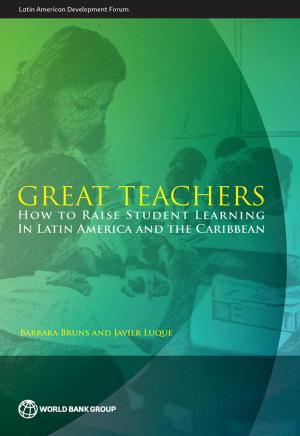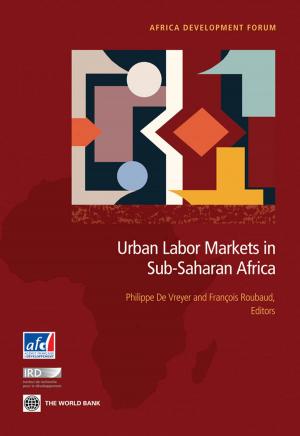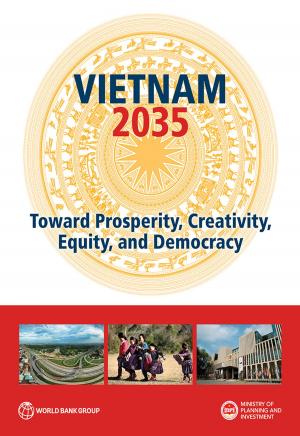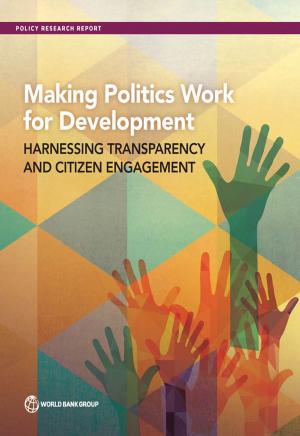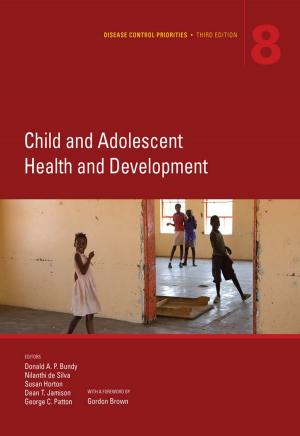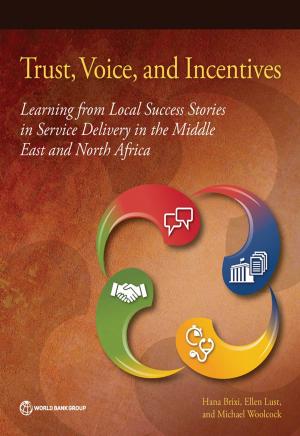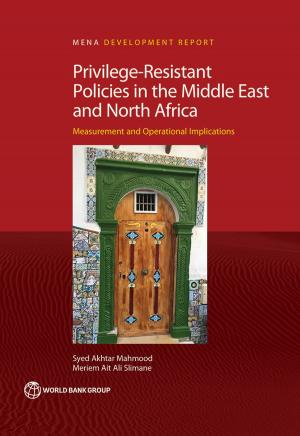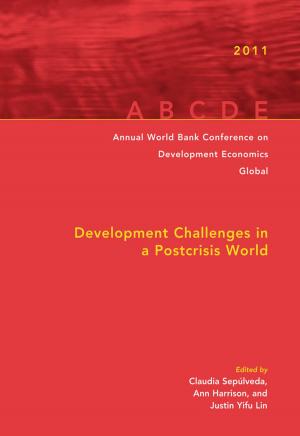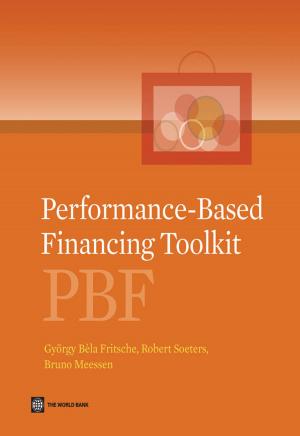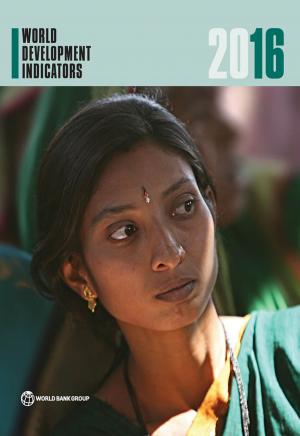Global Financial Development Report 2015/2016
Long-Term Finance
Business & Finance, Economics, Economic Development, Finance & Investing, Finance| Author: | The World Bank The World Bank | ISBN: | 9781464804717 |
| Publisher: | World Bank Publications | Publication: | August 31, 2015 |
| Imprint: | World Bank Publications | Language: | English |
| Author: | The World Bank The World Bank |
| ISBN: | 9781464804717 |
| Publisher: | World Bank Publications |
| Publication: | August 31, 2015 |
| Imprint: | World Bank Publications |
| Language: | English |
Global Financial Development Report 2015/2016 focuses on the ability of financial systems to sustainably extend the maturity of financial contracts for private agents. The challenges of extending the maturity structure of finance are often considered to be at the core of effective, sustainable financial development. Sustainably extending long-term finance may contribute to the objectives of higher growth and welfare, shared prosperity and stability in two ways: by reducing rollover risks for borrowers, thereby lengthening the horizon of investments; and by increasing the availability of long-term financial instruments, thereby allowing households to address their lifecycle challenges. The aim of the report is to contribute to the global policy debate on long-term finance. It builds upon findings from recent and ongoing research, lessons from operational work, as well as on inputs from financial sector professionals and researchers both within and outside the World Bank Group. Benefitting from new worldwide datasets and information on financial development, it will provide a broad and balanced review of the evidence and distill pragmatic lessons on long-term finance and related policies. This report, the third in the Global Financial Development Report series, follows the second issue on Financial Inclusion and the inaugural issue, Rethinking the Role of the State in Finance. The Global Financial Development Report 2015/2016 will be accompanied by a website worldbank.org/financialdevelopment containing extensive datasets, research papers, and other background materials as well as interactive features.
Global Financial Development Report 2015/2016 focuses on the ability of financial systems to sustainably extend the maturity of financial contracts for private agents. The challenges of extending the maturity structure of finance are often considered to be at the core of effective, sustainable financial development. Sustainably extending long-term finance may contribute to the objectives of higher growth and welfare, shared prosperity and stability in two ways: by reducing rollover risks for borrowers, thereby lengthening the horizon of investments; and by increasing the availability of long-term financial instruments, thereby allowing households to address their lifecycle challenges. The aim of the report is to contribute to the global policy debate on long-term finance. It builds upon findings from recent and ongoing research, lessons from operational work, as well as on inputs from financial sector professionals and researchers both within and outside the World Bank Group. Benefitting from new worldwide datasets and information on financial development, it will provide a broad and balanced review of the evidence and distill pragmatic lessons on long-term finance and related policies. This report, the third in the Global Financial Development Report series, follows the second issue on Financial Inclusion and the inaugural issue, Rethinking the Role of the State in Finance. The Global Financial Development Report 2015/2016 will be accompanied by a website worldbank.org/financialdevelopment containing extensive datasets, research papers, and other background materials as well as interactive features.
